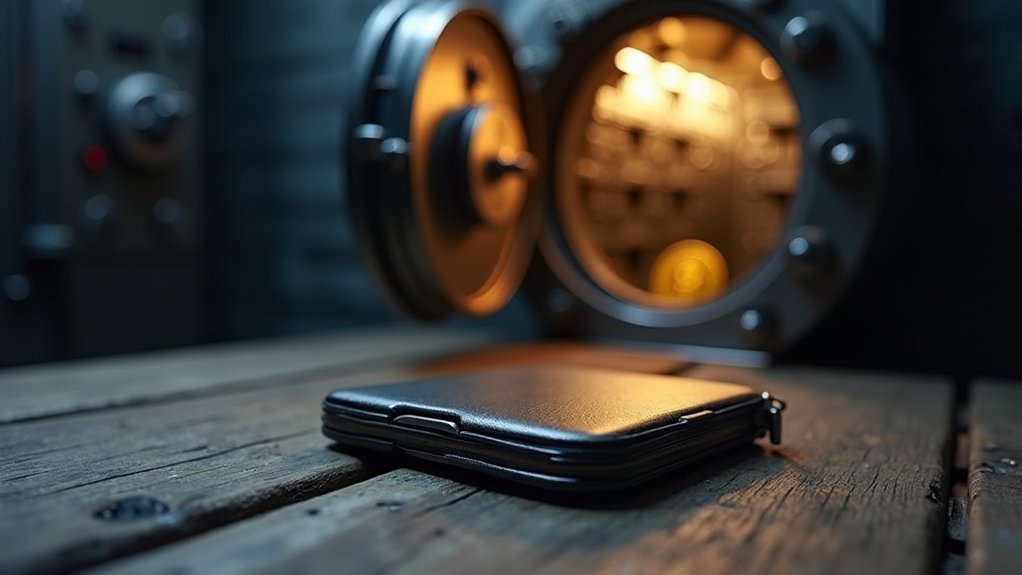Bitcoin cold storage is like the Fort Knox of the cryptocurrency world. It’s a fortress for private keys, keeping them completely offline and away from all that nasty internet drama. No hackers, no malware, no viruses—just good old-fashioned security. This method is a lifesaver for long-term holders who aren’t interested in constantly moving their bitcoin around like a game of hot potato.
After all, the primary goal here is to minimize the risks of theft that come with hot wallets or exchanges. And let’s face it, nobody wants to be the next victim of a phishing attack that wipes out their hard-earned digital gold.
Now, there are a few ways to pull off this cold storage magic. Hardware wallets are like fancy USB drives that keep those private keys locked up tight. Paper wallets? They’re literally just printed-out keys—good luck losing that piece of paper. Additionally, hardware wallets offer robust security against online threats, making them a popular choice among serious cryptocurrency holders.
And then there are offline software wallets, which keep computers unplugged from the network. Let’s not forget multi-signature setups that spread control over multiple devices, because why not make it complicated? Custodial cold storage is also a thing, but relying on third parties is like trusting your neighbor with your Netflix password—risky business.
The benefits are crystal clear. Cold storage offers superior security and protects large holdings from those pesky hackers. It gives users autonomy over their keys, which is a nice change from being at the mercy of exchanges. Additionally, cold storage is considered essential for data security as it protects against theft and loss of private keys. Furthermore, it functions like a virtual vault that is accessible only with a physical private key, enhancing the overall protection of your assets.
But, hey, it’s not all sunshine and rainbows. Cold storage can be inconvenient. Need to make a quick transaction? Good luck with that. Misplace your private keys? Oops, there goes your bitcoin.





